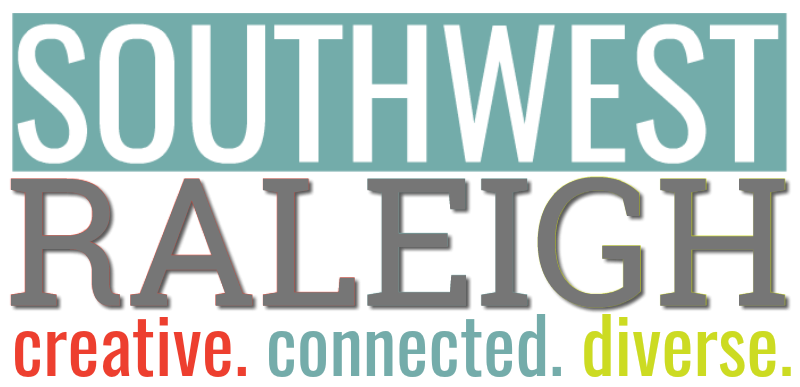For the past five years, people who own, manage, or have other interest in rental property have been taking the City of Raleigh’s landlord training classes. The classes, offered three times a year, cover topics such as rental agreements and evictions, but they have a broader, community-wide purpose. As City Manager J. Russell Allen and Police Chief Harry Dolan say in a written introduction to the class, the purpose of landlord training is “to build safer and more stable neighborhoods for homeowners, landlords and residents.”
The City will hold its next landlord training class Wednesday, October 12, 2011. Representatives of the Community Services, Police, and Inspections departments will lead the class, along with a professional property manager, a lawyer, and a representative of the Raleigh Housing Authority. Their presentations will vary, but they will share an underlying message: Landlords and rental property managers, like homeowners, play an essential role in ensuring safe and healthy neighborhoods.
Residents of Southwest Raleigh know well that a responsible landlord can make a difference in the quality of a community. As The News & Observer reported last year, policemen, politicians, and lifelong Caraleigh families credit landlord Bill Dumont with reviving the South Raleigh mill village. The Southwest Citizens Advisory Council even named him the recipient of a Neighborhood Recognition Award for keeping his properties well-maintained, carefully screening tenants and taking a caring role in the community.
The newspaper described Dumont as holding the “unusual title of well-liked landlord.” I’m not so sure, though, that the title is unusual in Raleigh. Judging from those who have taken the landlord training class, many landlords strive to be fair to their tenants and their neighbors by being proactive in the management of their property. These landlords have found that everyone benefits when they stay aware of what is happening at their property and understand how to head off problems.
Of course, Raleigh’s landlords are not problem-free. The City in recent years has had to take action against landlords who neglect their property. There is continuing tension in some neighborhoods over rentals. And many people lack information about the rights and obligations of tenants and property owners.
But responsible landlords have discovered that by actively managing their property –carefully screening tenants, watching for signs of illegal activity, keeping their property well-maintained and participating in neighborhood associations and CACs – they wind up with less property damage, less tenant turnover, and lower costs. And entire neighborhoods are better for it.
You don’t have to be a landlord to benefit from the landlord training class. If you live in a neighborhood dealing with problems around rental property, I encourage you to consider taking the class. The experience may help you gain a better understanding of how homeowners and landlords can work together to keep a neighborhood healthy. You can learn more here or by calling Anitra Wiggins in the Community Services Department at (919) 996-5708.
